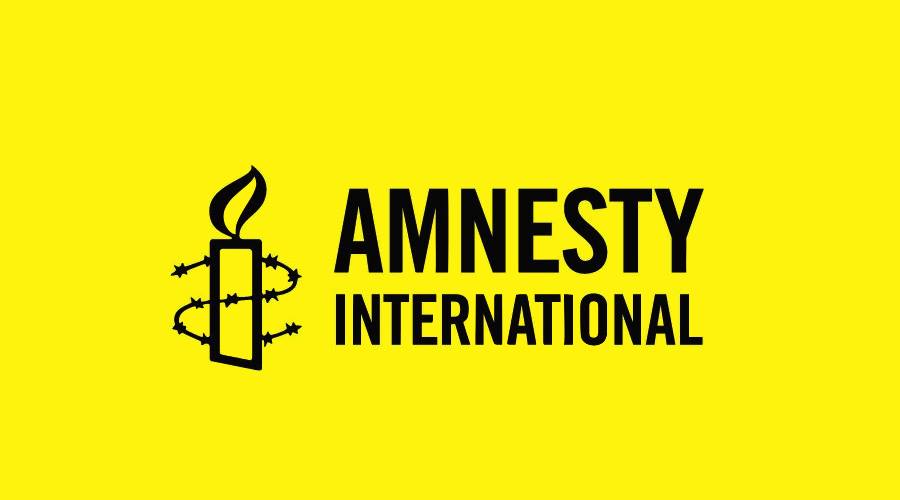Amnesty International's report on COVID-19 measures in Eastern European and Central Asian countries
Amnesty International has published the new report about the governments in Eastern European and Central Asian countries that are responding to the COVID-19 pandemic.
The organization said “Georgia enacted a state of emergency measures that were necessary and proportionate and motivated by legitimate public health objectives,” however, “concerns were raised that certain anti-COVID-19 measures were applied in a discriminatory fashion.”
Amnesty International noted that “contrary to medical advice, religious gatherings have not been restricted by law largely to ensure that the Georgian Orthodox Church could conduct liturgies for Orthodox Easter.”
“During Palm Sunday and Easter celebrations on 12 April and 19 April in Georgia, several Orthodox churches hosted dozens of worshippers. All other religious groups in Georgia have voluntarily agreed to close their places of worship to the public,” the report reads.
In addition, the organization said that the Georgian government introduced measures to protect the most vulnerable and mentioned Georgian Prime Minister’s plan to give out unemployment benefits to those who lost jobs due to COVID-19, and the ensuing restrictions.
“The government also announced that it will cover payments for gas, electricity and water bills for those who consume less than 200 kw of electricity and 200 cubic meters of natural gas during the state of emergency months,” the organization said.

